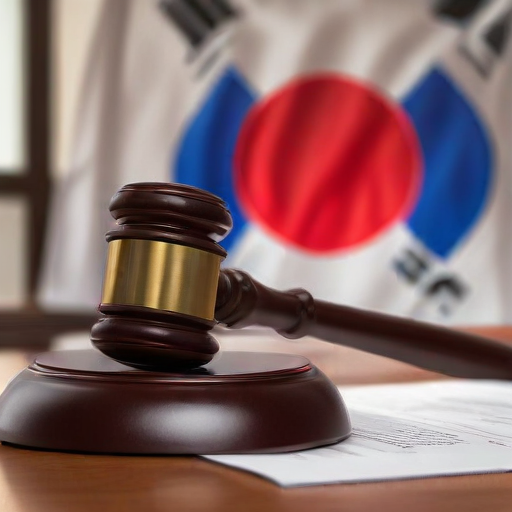In response to the state of emergency declared by South Korean President Yoon Suk Yeol, Boram Jang, an East Asia researcher for Amnesty International, voiced concerns regarding potential human rights violations. Jang emphasized that the declaration must not be used as a justification for a clampdown on civil liberties and urged President Yoon to clarify the reasons behind this decision. Any measures to limit human rights should be exceptional, temporary, and subject to judicial review, according to Jang.
Jang stated that if the declaration results in transferring administrative and judicial powers to the military, it could threaten years of progress in human rights. Such actions without substantial justification would be seen as a violation of international human rights law and could severely undermine the rule of law in the country.
On Tuesday, President Yoon announced martial law during a late-night televised address, citing a need to eradicate “shameless pro-North Korean anti-state forces.” Reports suggest that under martial law, parliamentary activities would be suspended, media organizations would be controlled by military authorities, and all public gatherings would be prohibited.
According to South Korean law, martial law can only be declared under extraordinary circumstances that pose a threat to national survival, such as war or rebellion. The justification provided by President Yoon in relation to supposed subversive activities and impeachment initiatives raises questions about whether it meets the legal criteria set forth in both domestic law and international human rights norms.
Despite the challenges presented by this situation, there remains hope that civil society will continue to advocate for human rights and accountability. This could prompt a reconsideration of the measures taken, ensuring that fundamental freedoms are upheld even in times of crisis. The collective voice of citizens and international observers will play a crucial role in safeguarding human rights during this tense period.
In summary, while the declaration of martial law raises significant concerns about potential authoritarian overreach, the ongoing advocacy for human rights and the rule of law offers a beacon of hope for South Korean society during these troubled times.
